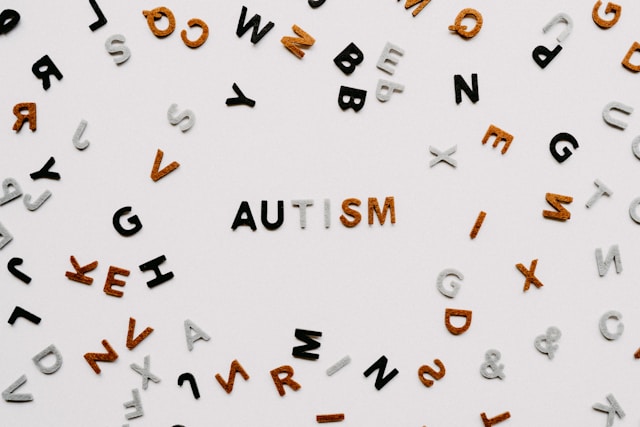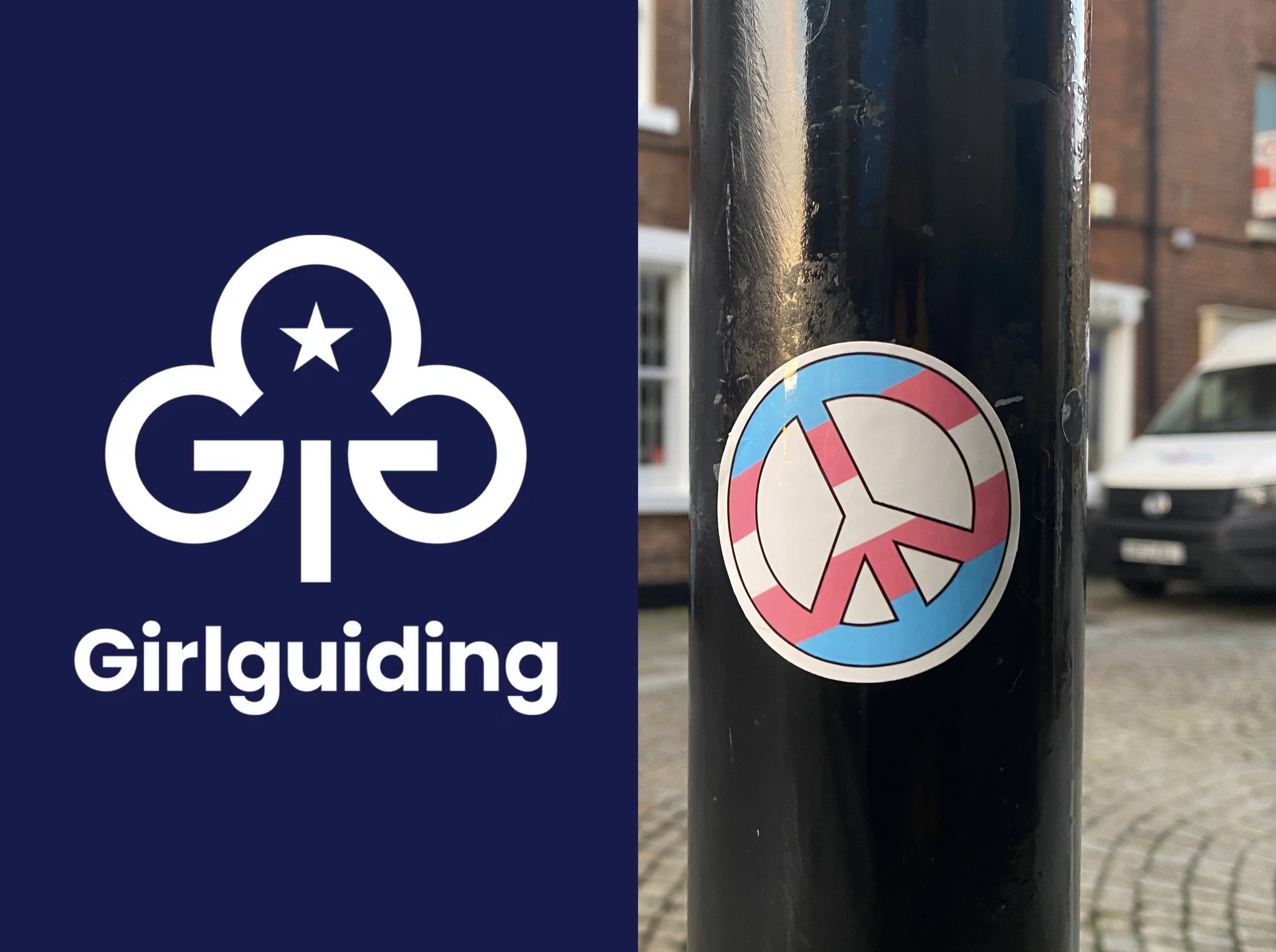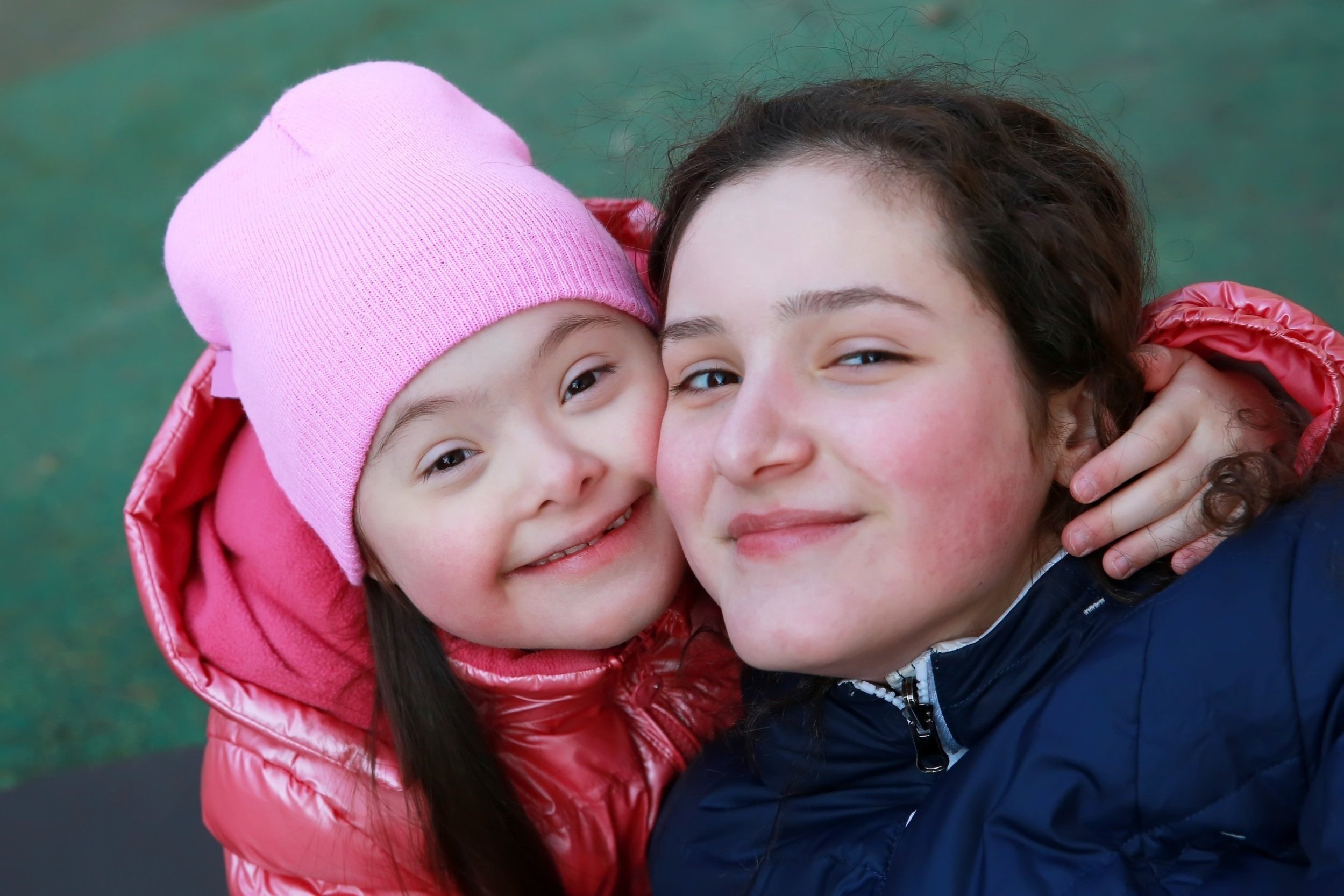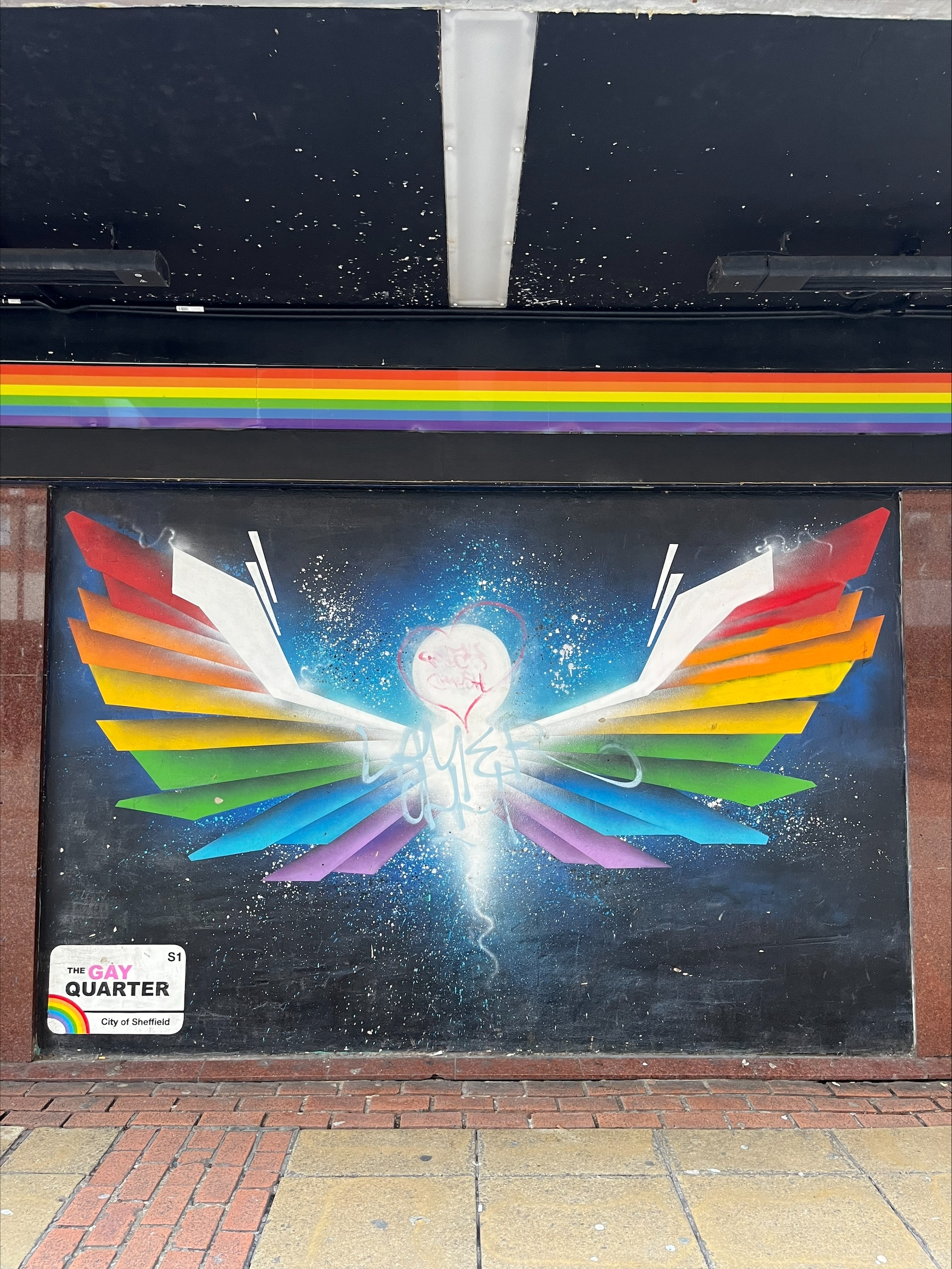As more people have become aware of what it means to be autistic, waiting times to be assessed have increased dramatically – and campaigners fear a quarter of a million people could be on the list in England by the end of this year.
There were 172,022 people in England on the waiting list after being referred by a GP, as of December 2023 – and this could reach 250,000 if the list continues to grow at this rate.
A lot of the commentary suggests that the waiting lists are so long because social media and the internet cause people to self-diagnose, particularly after the pandemic.
However, Sheffield Wire spoke to people about the challenges they have to deal with, both in seeking diagnosis and post-diagnosis, to show that peoples’ concerns should be taken seriously.
Rachel Vernon was both shocked and relieved to receive an autism diagnosis at 33, after years of feeling like something was not quite right.
She said: “It helped me understand why I felt how I felt, and allowed me to be kinder to myself. It’s like the cogs just suddenly fit.”
Her diagnosis came 18 years after her younger brother Wes, who was diagnosed when he was 15. The diagnostic criteria for autism have generally been based on the behaviour of young boys, which means the signs of autism are far more likely to be detected in boys than girls.
There are startling discrepancies between who has to wait longer for the diagnosis, with gender, regional waiting times, age being major factors, as well as some people’s perceptions of what it means to be autistic.
This led to people like Joan waiting seven years for a diagnosis, after he was originally told by a GP that “he did not deserve a diagnosis”.
Beyond diagnosis, autistic people also face distinct challenges that tend to be overlooked going through the menopause and finding employment.
For instance, the recent Buckland Review revealed that despite their wish to work, only around three in ten working age autistic disabled people are in employment, compared with around five in ten for all disabled people and eight in ten for non-disabled people.
Tynisha Abdy is petitioning for at least one person to be trained in Level 2 Understanding Autism in all companies, schools and public services.
Sheffield Wire spoke to employers, specialist organisations, charities and experts about how close the inequality gap, how to raise awareness, and how the NHS and society as a whole can better support autistic people.




